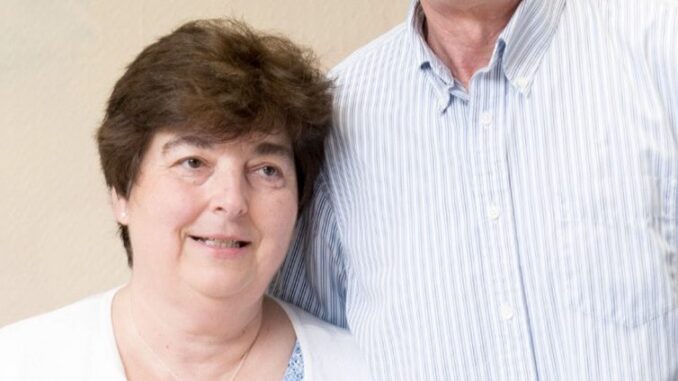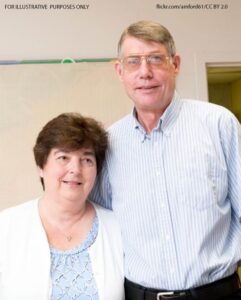
ttorneys, both found fulfillment in their careers rather than family life. They met as passionate young activists in college and were inseparable ever since. While the idea of children occasionally surfaced, it was always overshadowed by their dedication to their causes.
As the years accelerated, the opportunity to conceive slipped away. However, Dorothy and Tom had considered adoption, initiating the process shortly before Tom’s sudden passing. Dorothy, engulfed in a critical legal effort to save a young man on death row, received the devastating call about her husband’s demise. Stricken with grief, she realized the profound solitude that now defined her life. “I’m all alone,” she whispered to herself, a stark contrast to the warm, bustling life she had led with Tom.

Raised in the foster system, Dorothy had battled through adversity with her brilliant legal mind, but Tom had been her rock, the person who made her feel whole. With him gone, she faced an empty home, returning each night to the cold echo of her solitude. The absence of their heated discussions over dinner or the comfort of his presence in their bed magnified her loneliness.
Attempting to fill the void, Dorothy threw herself into work, but the strain took its toll, culminating in a collapse during a courtroom battle to defend a desperate young mother. The incident marked a turning point for Dorothy, who realized her physical limits had curtailed her ability to practice law. Seeking a less demanding role, she reached out to her alma mater and secured a position as a part-time lecturer. This new role provided some solace, connecting her with bright minds and keeping her intellectually engaged.
Leave a Reply